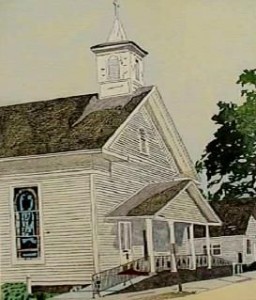The Southern coastline is a weak link in the Confederacy. Their ports cut off by Union blockades, and many key coastal land areas now under the control of the United States Army, the Confederate States is largely isolated from its own coastline. Furthermore, the Northern military presence in the region is leading to ever-growing numbers of runaway slaves who escape behind Union lines and become freemen. The recent Emancipation Proclamation has merely served to heighten the movement of slaves to freedom.
Brunswick, Georgia had been abandoned by most of its roughly 500 citizens early in the war, followed by uncontested Union occupation in March 1862. With the town’s occupation and simultaneous Union successes along the North Carolina coast, Savannah and Wilmington (NC) remained as the lone coastal cities remaining in Confederate hands along the eastern seaboard.
Left behind in Brunswick were some former slaves who managed to escape from their masters, or who were simply left behind when whites abandoned the town. In the months following, more escaped slaves made their way to Brunswick. Now, freedmen in Brunswick remain under the protection of the Union army.
This month, free blacks in Brunswick establish the first Baptist church in the town. A sanctuary will not be built until 1869, but the lack of their own building this month does not deter the founding members of the First African Baptist Church of Brunswick from celebrating their physical and spiritual freedom.
The church remains a thriving congregation, still assembling in the 1869-constructed sanctuary.
Sources: Harper’s Weekly, “Capture of Brunswick and Fernandina,” March 22, 1862 (link); Brittany Tate, “Born Out of Conflict,” Brunswick News, January 5, 2013 (link) and (link); First African Baptist Church Brunswick website, including image (link)



